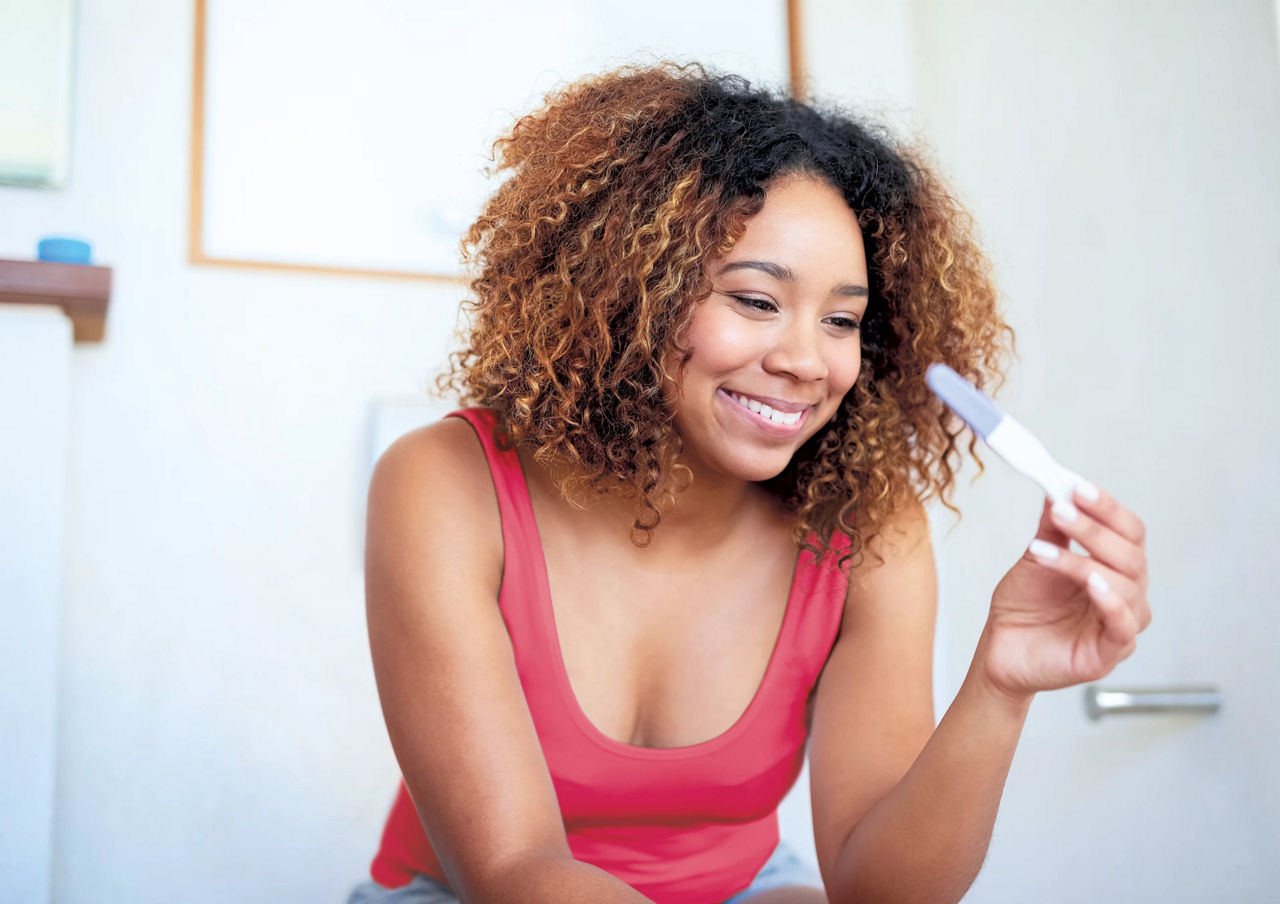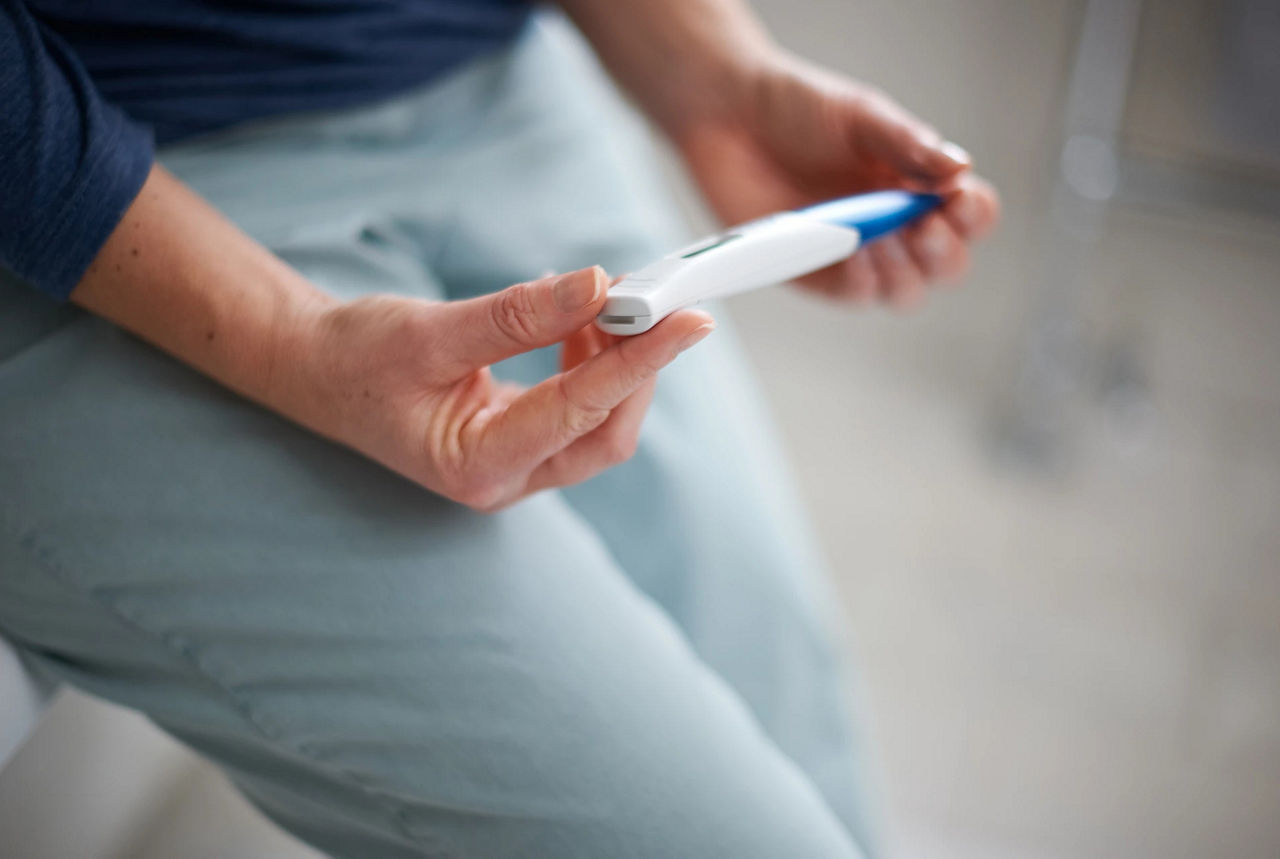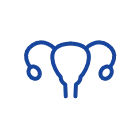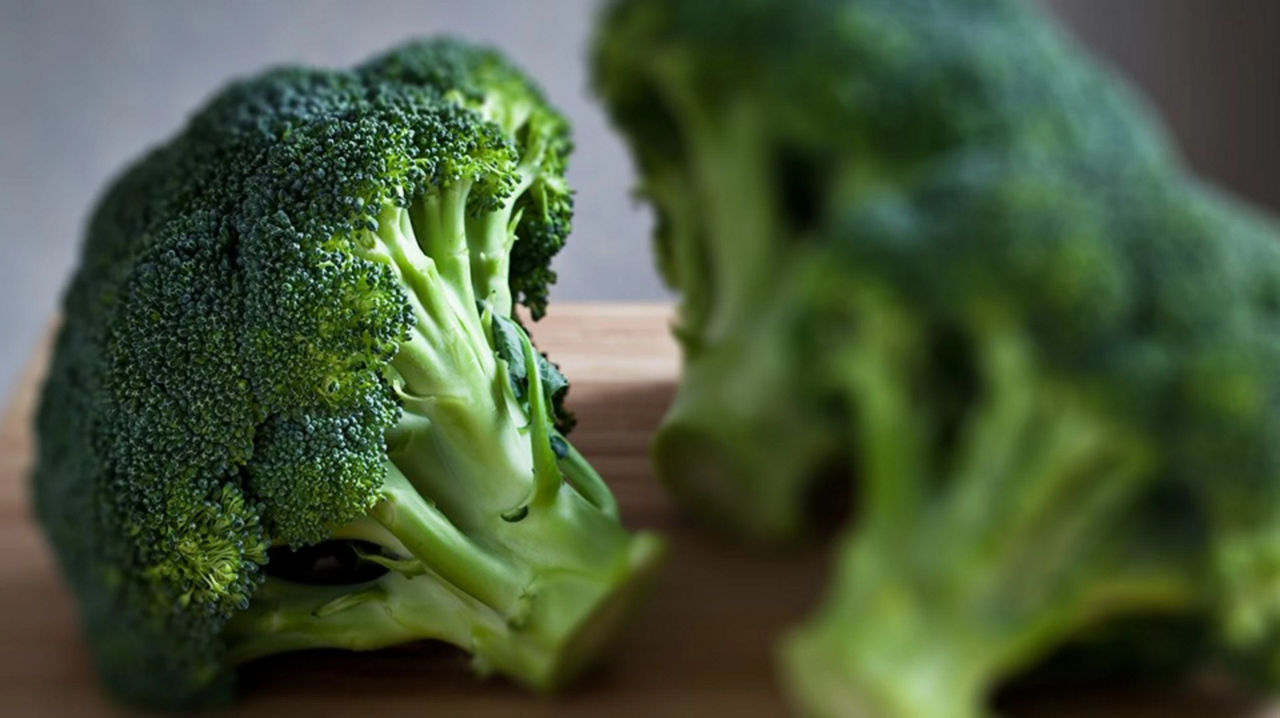Our ovulation calculator can help you work out when you are going to be most fertile.
Ovulation Calculator, am I ovulating?
When’s the best time to get pregnant?
If you want to know the best time to conceive, understanding your menstrual cycle and the date that you are likely to be ovulating is key.
Ovulation Calculator
When was the first day of your last period?
What's the average length of your cycle?
Days
This calculator will give you a rough idea of when you might be ovulating. For more accurate indicators, look at the common signs of ovulating, how charting your temperature can help and how ovulation test kits work.

Ovulation usually happens around two weeks before your period starts1, and you are most likely to conceive if you have plenty of sex in the days prior to this.
Understanding your menstrual cycle
Common signs of ovulation
As ovulation approaches you may notice some physical changes. These include:
- An increase in vaginal mucus, along with a change in consistency which may make it look like egg white
- A slightly raised temperature
- Abdominal pain
- Tender breasts
- Spotting
- Feeling bloated

Calculating ovulation dates if you have irregular periods
Irregular periods make it very tricky to predict when you’re ovulating. If you can’t time sex around ovulation, it can help to have sex every 2 or 3 days throughout your cycle.
The Science Behind Charting Your Temperature, Powered by Nutricia
Prior to ovulation your body temperature drops a little. After ovulation, it rises by around 0.2°C2. Recording your basal body temperature (this is your resting body temperature) with a special basal body thermometer (available from larger chemists or supermarkets) before you get up each morning (or even speak), can help you establish when you’re most fertile. The few days before your temperature rises indicates the time you’re ovulating.

How do ovulation test kits work?
Ovulation test kits are another way to calculate when you’re ovulating. They work by testing for raised levels of luteinising hormone (LH), which can be detected in your urine just before ovulation3. You can find them in larger chemists or supermarkets.
related articles
Learn more about conception
Our Tools

Need some help?
You can get quick answers to common questions in our FAQs.
Alternatively, if you need help with general pregnancy or baby advice, or maybe on using or ordering our products - our expert team are always on hand to talk about feeding your baby.
- NHS. (2014). How can I tell when I’m ovulating? Available from: https://www.nhs.uk/chq/Pages/982.aspx?CategoryID=50[Accessed July 2015]
- Fertility Education & Training. (2011). Charting your fertility cycle. http://www.fertilityet.org.uk/pdfs/Charting-Your-Fertility-Cycle.pdf[Accessed July 2015]
- Patient. (2015). Natural family planning. http://patient.info/health/natural-family-planning [Accessed July 2015]
Last reviewed: 23rd September 2019





